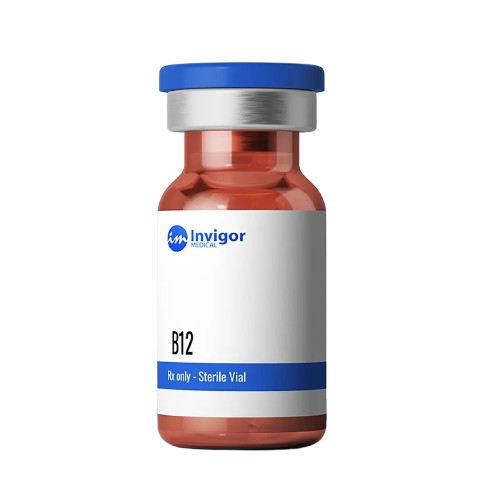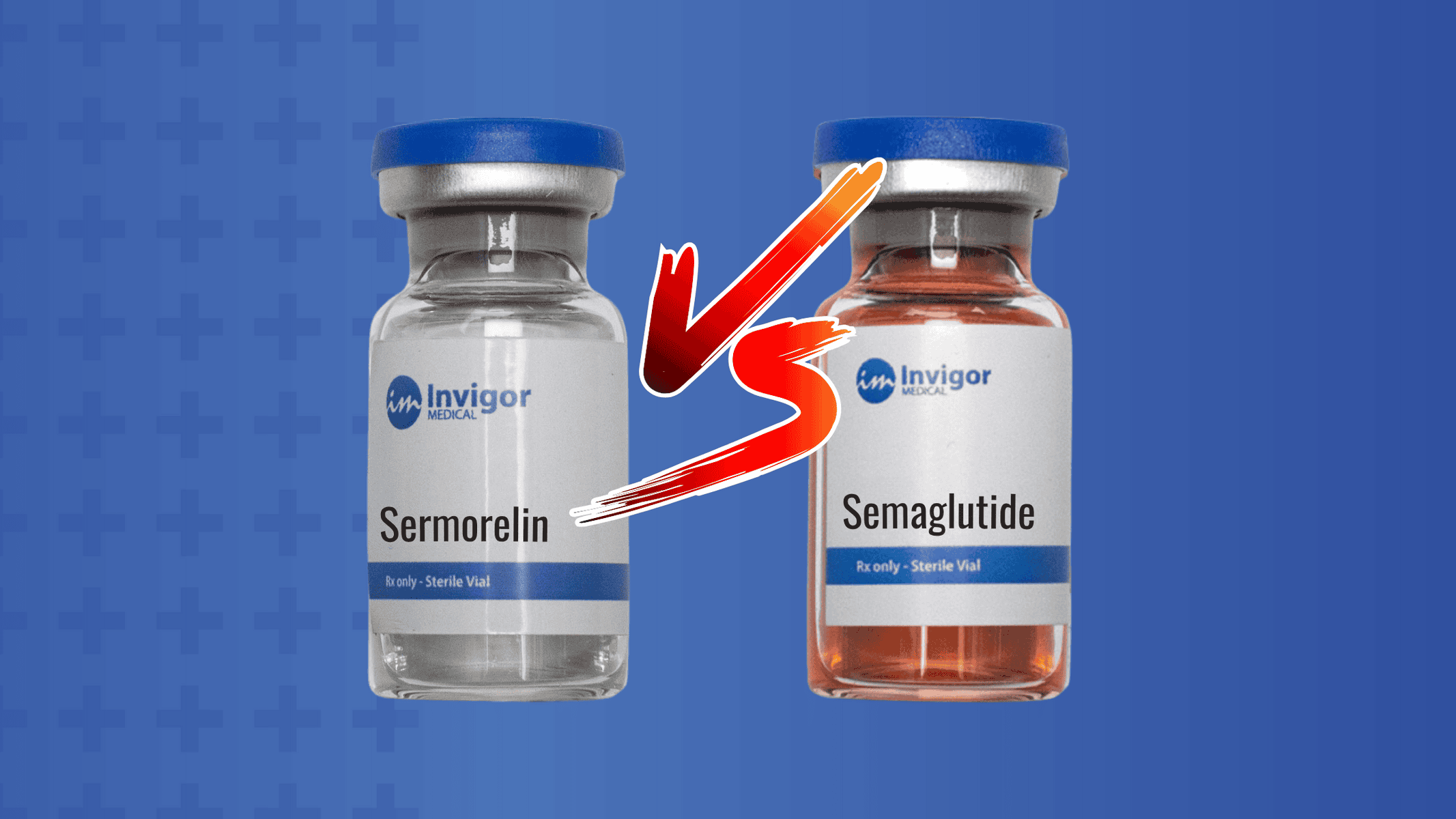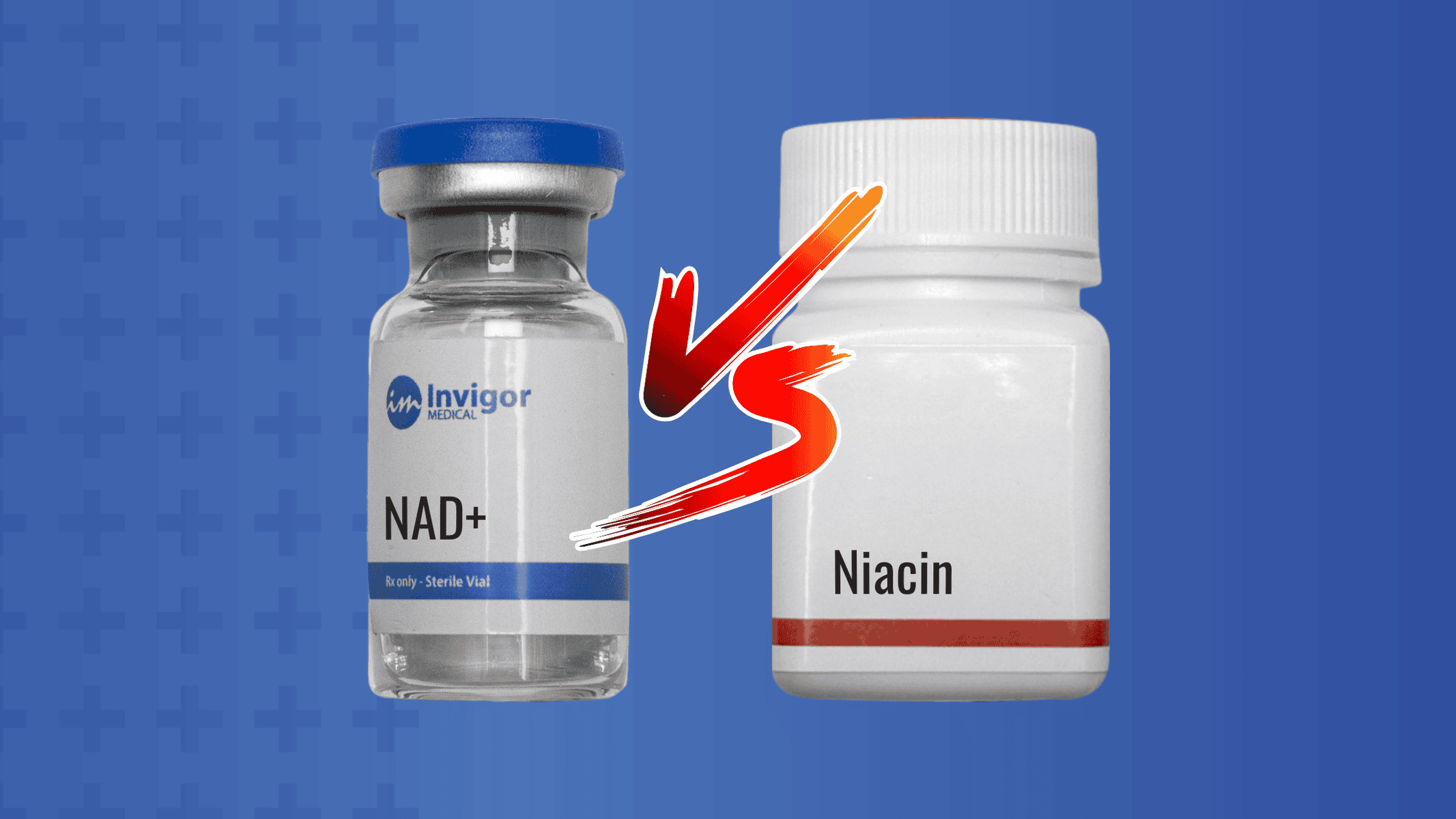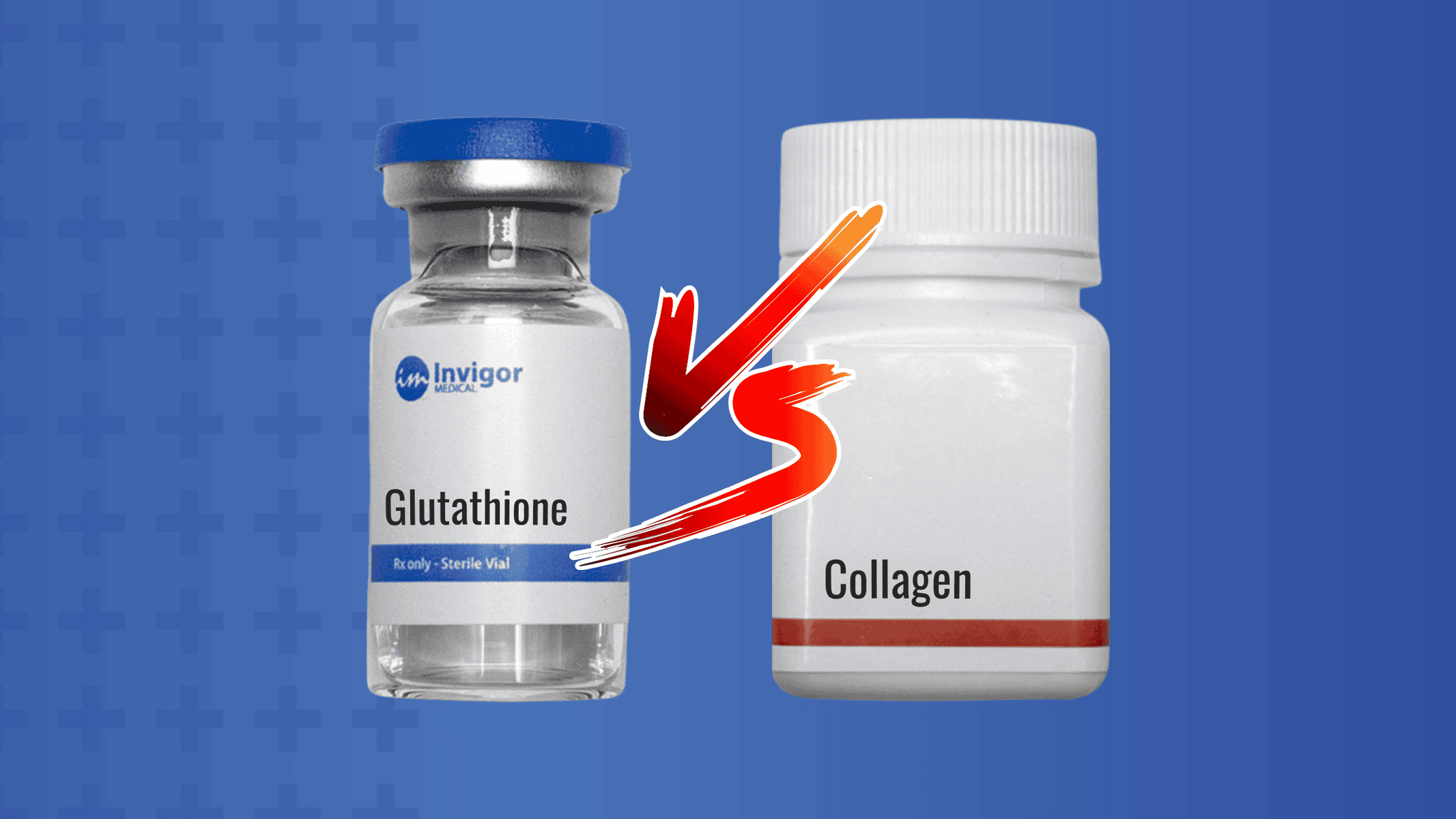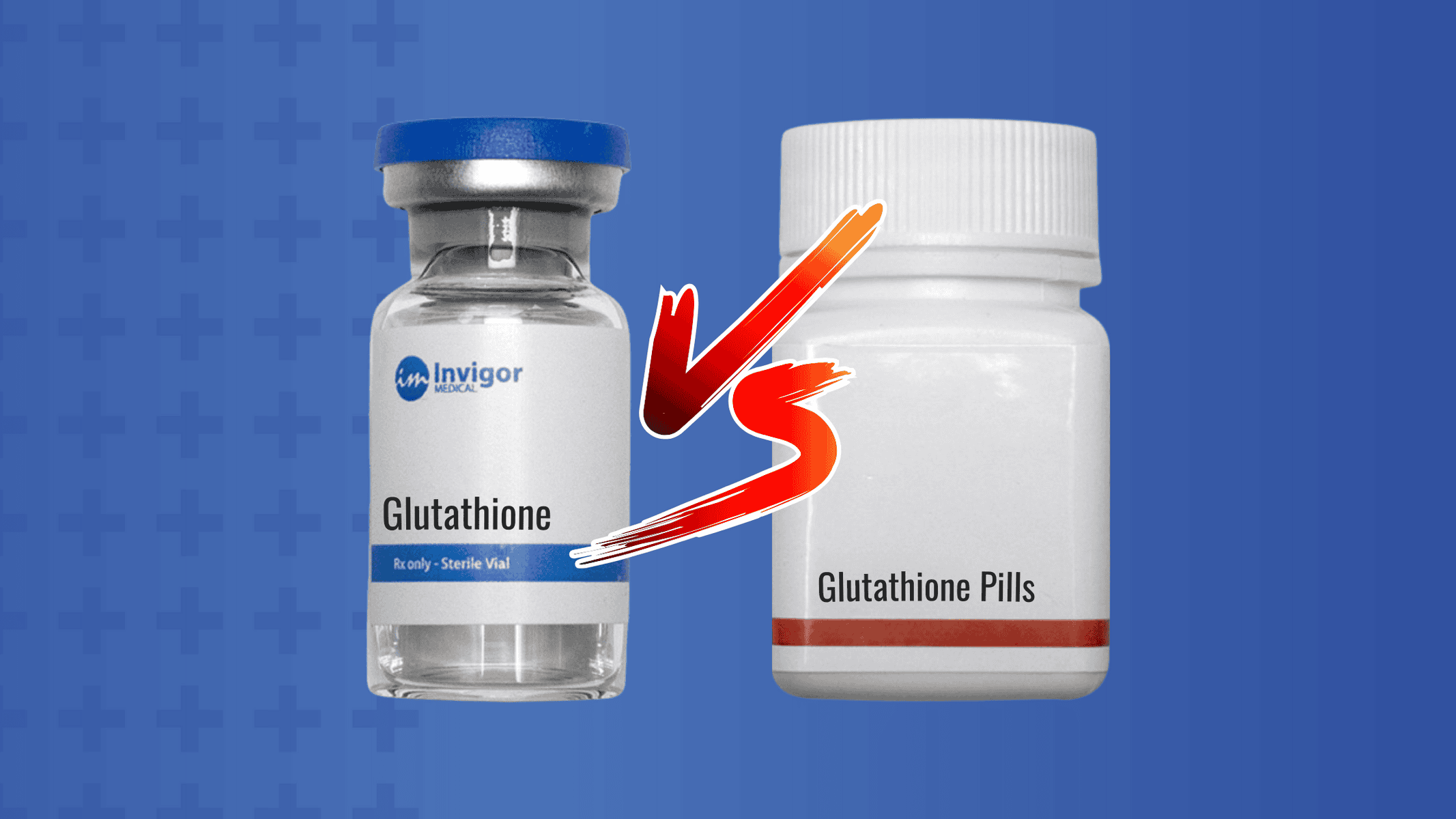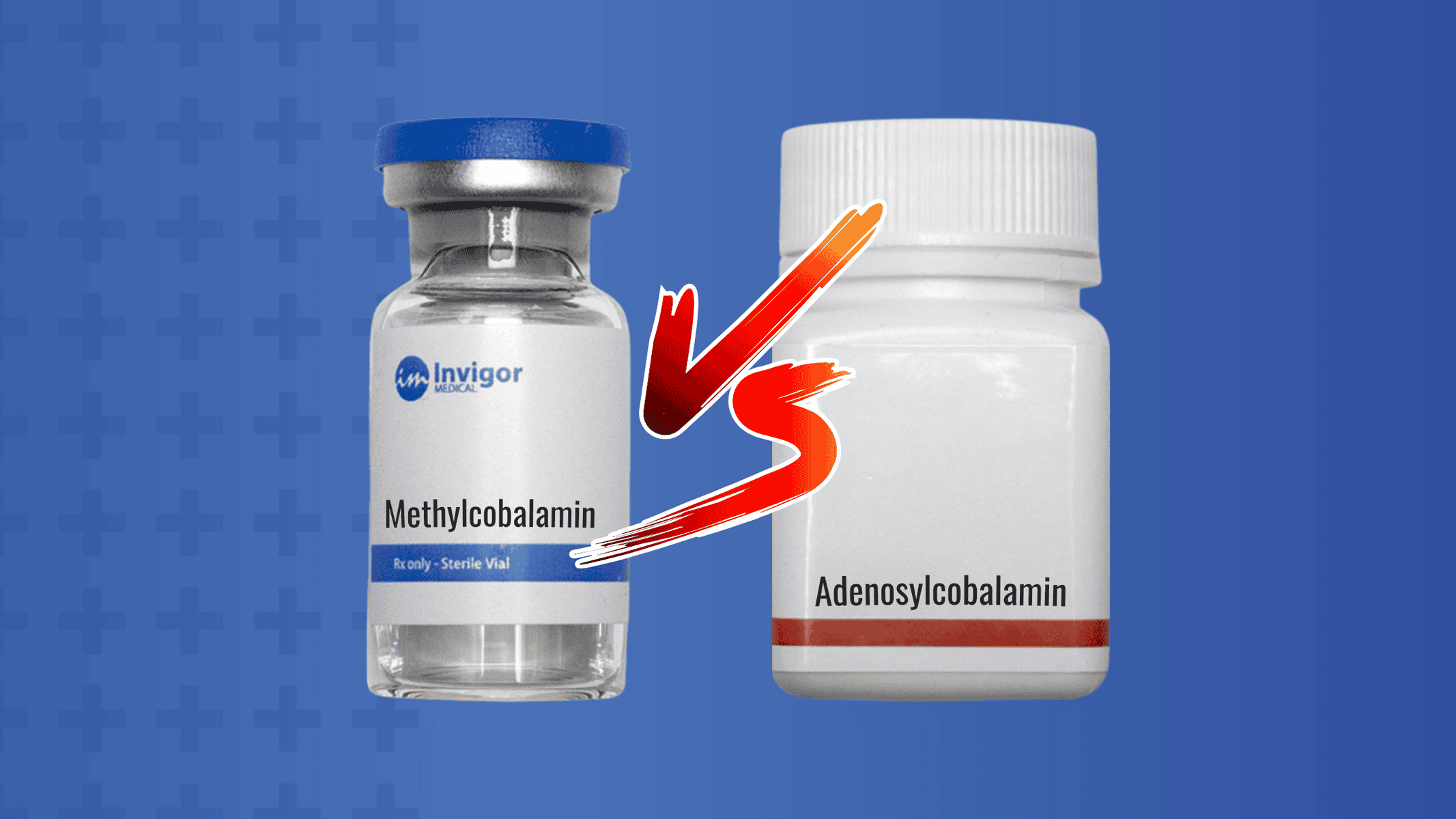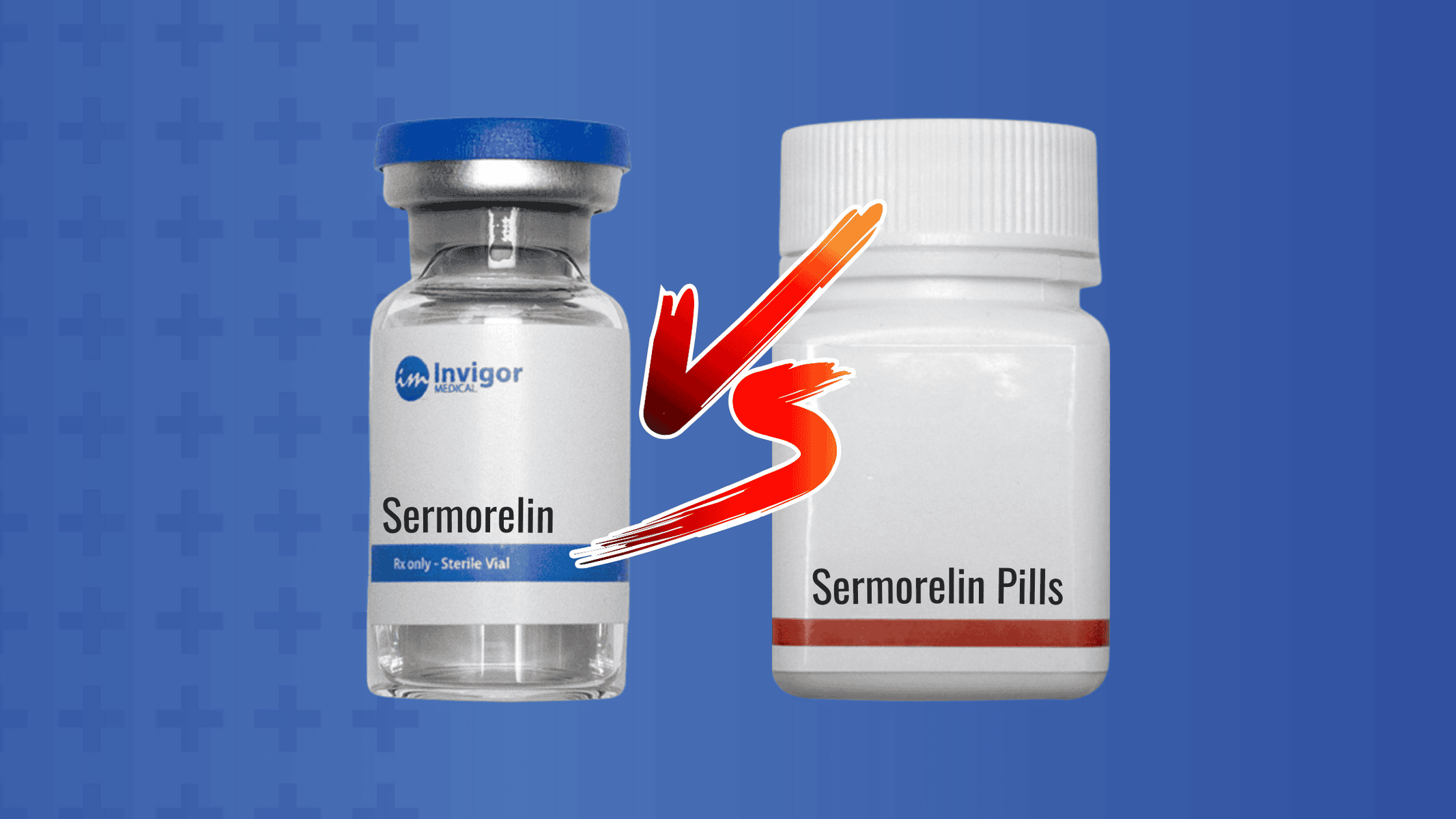Vitamin B12 brings multiple health benefits because it supports a diverse range of bodily functions. It impacts nerve health, red blood cell production, and overall energy levels. It also prevents anemia and supports the brain and immune system. Whether you opt for B12 injections or tablets, you might be confused by the different types that are available. Different forms of B12, such as methylcobalamin and cyanocobalamin, have unique absorption rates and effects on the body.
Here is a closer look at these different qualities so you can select the B12 variety that’s best for your specific health needs.
Table of Contents
Methylcobalamin
Methylcobalamin is a naturally occurring form of vitamin B12. Unlike other popular forms, like cyanocobalamin, methylcobalamin is immediately active in the body and doesn’t require conversion. This makes it a preferred choice for many seeking effective B12 supplementation.
Methylcobalamin excels at protecting nerves. It supports nerve health and helps nerves heal after they are damaged, making it beneficial for preventing neurological disorders.
Additionally, methylcobalamin aids in DNA synthesis and red blood cell production, promoting overall vitality and health and preventing immune disorders and common conditions like anemia.
Good dietary sources of methylcobalamin include animal-based foods like fish, beef, eggs, and dairy products. For those following a vegetarian or vegan diet, fortified foods and supplements are effective alternatives.
If needed, you can supplement your diet with B12 injections to get enough of the vitamin to support vital body functions.
Adenosylcobalamin
Adenosylcobalamin is the other naturally occurring form of vitamin B12 alongside methylcobalamin. It is naturally active in the body and plays a crucial role in energy production because it helps cells convert food into energy. It also helps synthesize amino acids, which are the building blocks of proteins, and promotes cell growth.
Good dietary sources of adenosylcobalamin include animal-based products such as beef liver, fish, and dairy. People who do not get enough of this form of B12 may experience low energy or poor overall health.

Cyanocobalamin
Cyanocobalamin is different from the two forms of natural B12. It is a synthetic version commonly found in supplements and fortified foods. Unlike methylcobalamin and adenosylcobalamin, cyanocobalamin contains a cyanide molecule, which the body must convert into active B12. Despite this extra step, cyanocobalamin is widely used because it is stable and cost-effective.
Cyanocobalamin supports bodily functions like red blood cell production and nervous system repair just like the natural forms of the vitamin. It helps prevent B12 deficiency and the diseases, such as anemia, that deficiency often causes. Additionally, it supports DNA synthesis and promotes healthy brain function.
You can get cyanocobalamin from fortified foods. Some breakfast cereals, beverages, and vitamin tablets contain this synthetic nutrient. These products serve as the primary B12 source for people who adhere to vegetarian or vegan diets.
Hydroxocobalamin
Hydroxocobalamin is a third naturally occurring form of vitamin B12. However, unlike methylcobalamin and adenosylcobalamin, it is not bioactive. This means the body must convert hydroxocobalamin into one of the bioactive forms before using it.
Hydroxocobalamin is effective in treating B12 deficiency because it can remain in the blood for much longer than other forms of the vitamin. For this reason, it is commonly used in injections for individuals with absorption issues.
You can get hydroxocobalamin through meats and dairy, but it is also available through prescription injections and oral B12 supplements.
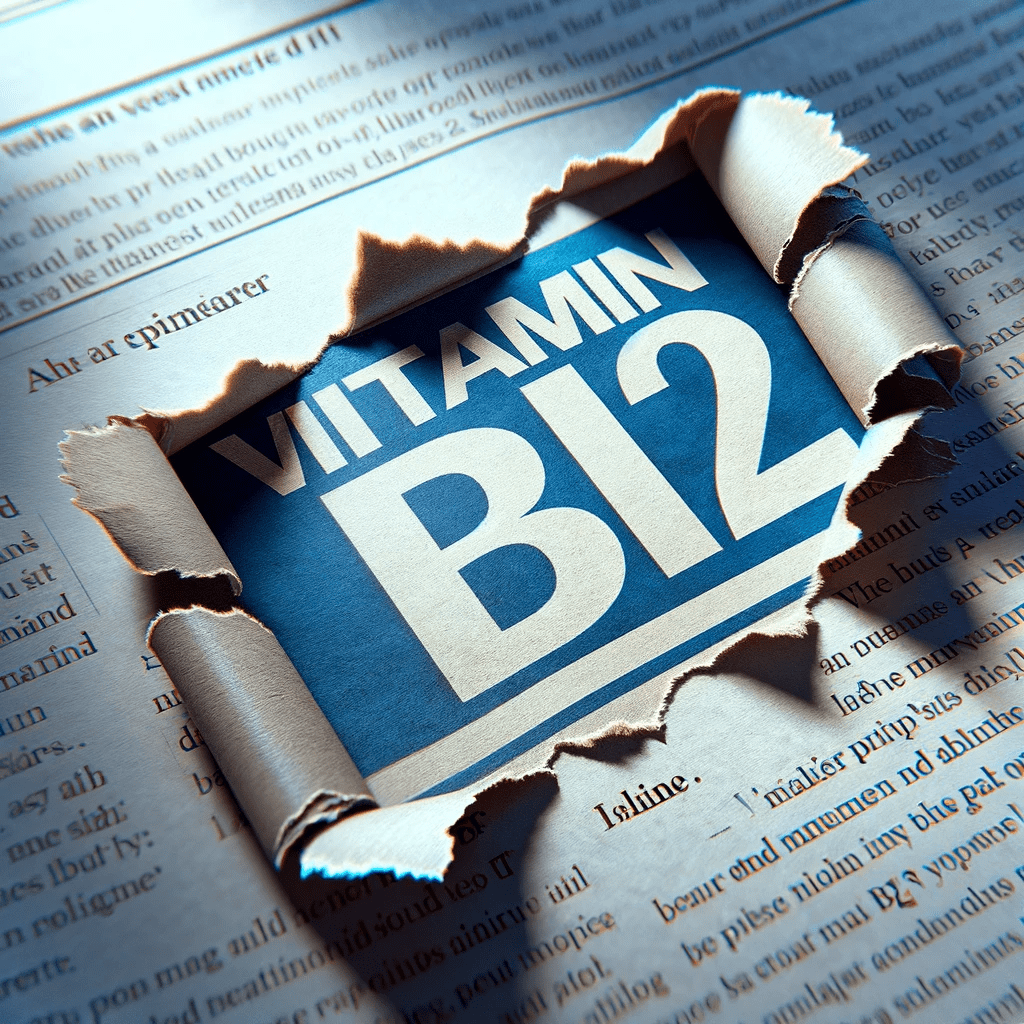
Methylcobalamin vs. Cyanocobalamin
Methylcobalamin and cyanocobalamin are often compared because they are the most commonly used forms of B12 in supplements. Both types support essential bodily functions, but they differ in their structure and absorption.
One major difference between methylcobalamin and cyanocobalamin is their bioavailability. Methylcobalamin is a natural, active form that the body can use immediately, but cyanocobalamin is synthetic and requires conversion. This makes methylcobalamin more readily available for neurological functions and cellular health.
Cyanocobalamin is cost-effective and stable, making it ideal for use in fortified foods. Despite needing conversion to an active form, it provides the benefits of B12 to people who do not get enough from their diet.
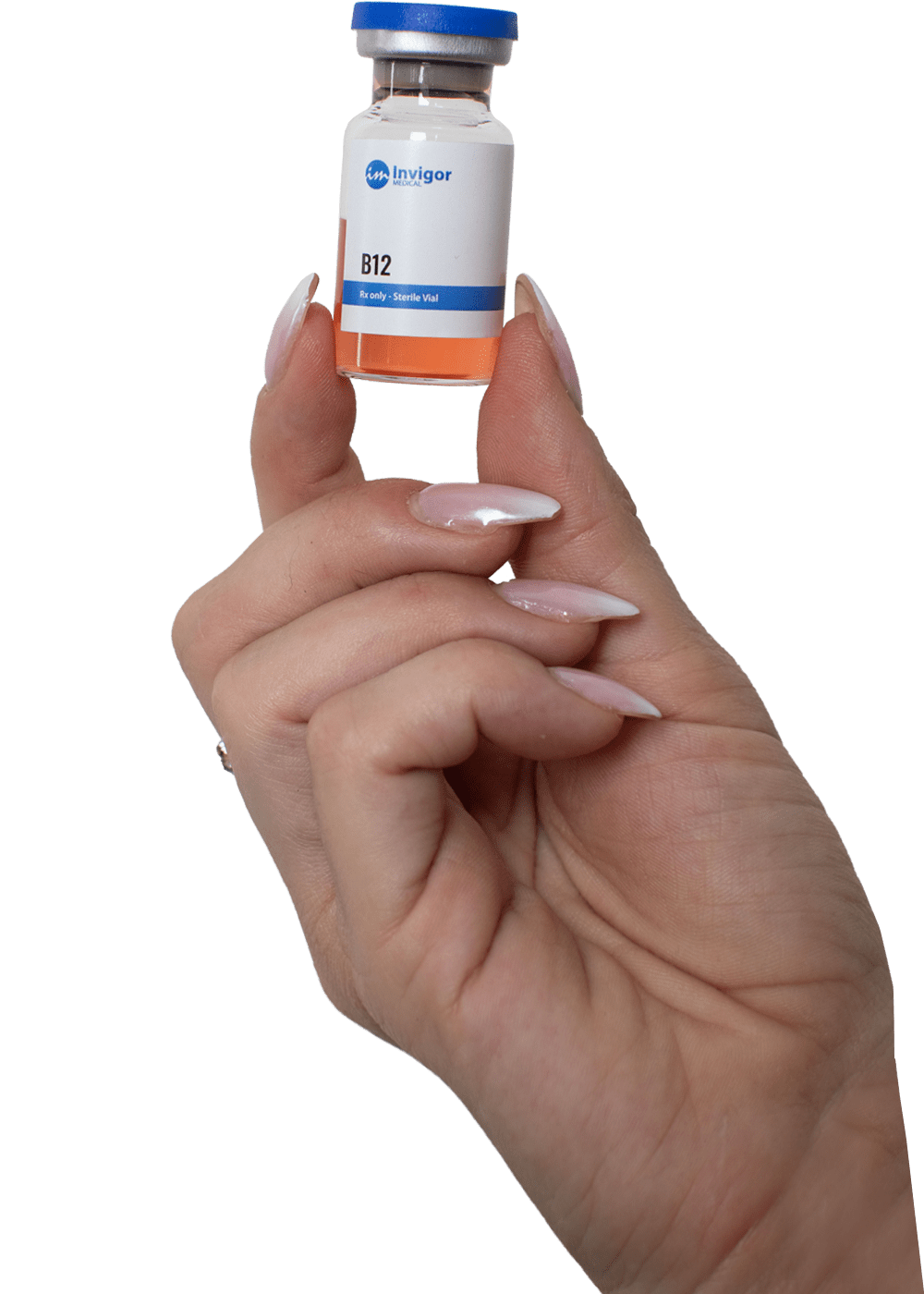
What Are the Best Sources of Vitamin B12?
With the right diet, you can get a sufficient amount of B12. Here are the most common sources for the vitamin:
- Beef liver provides 70 micrograms (mcg) of B12 per serving. It is also high in iron, which supports blood health.
- Clams offer about 17 mcg of B12 per serving. They are also high in protein.
- Tuna and salmon have 2.5-2.6 mcg of B12 per 3-ounce serving. These fish are also rich in omega-3 fatty acids, which support heart health.
- Nutritional yeast can provide up to 8.3 to 24 mcg of B12 per serving. The amount depends on how much cyanocobalamin is used to fortify it.
A variety of natural and/or fortified foods can help you get enough B12 without the need for supplementation.

Vitamin B12 Supplements
Vitamin B12 supplements can be beneficial to people with dietary restrictions or absorption issues or those who need to treat deficiency-related illnesses.
Supplements provide a convenient and reliable way to guarantee adequate B12 intake. However, you should choose the supplement form that best suits your needs. Daily tablets may be more convenient, but they may not provide enough of the vitamin to people with absorption issues. Since injections bypass the stomach and send B12 straight to the cell, they are often a better choice.
While B12 supplements are generally safe for most people, they may have limitations and side effects in certain individuals. High doses of B12 supplements can interfere with medications or exacerbate existing health conditions, such as kidney problems. Therefore, it’s essential to consult with a healthcare professional before starting any supplementation regimen to ensure safety and effectiveness.
Vitamin B12 Deficiencies
B12 deficiency occurs when your body doesn’t get enough of the nutrient to support important functions. Here’s a look at the symptoms, causes, and possible treatments for a lack of B12 in your body.

Symptoms of Vitamin B12 Deficiency
Vitamin B12 deficiencies can impact both physical and mental health, and symptoms can range from mild to severe. Here is a look at some of the problems a deficiency could cause:
- Fatigue and weakness;
- Anemia;
- Numbness, tingling, and nerve pain;
- Mood changes, depression, and irritability;
- Digestive issues like diarrhea or loss of appetite.
In severe cases, deficiency can cause heart palpitations or shortness of breath due to the decreased oxygen-carrying capacity of the blood.
Causes of Vitamin B12 Deficiency
Vitamin B12 deficiency can occur for different reasons, such as:
- Poor dietary intake (below 2.4 mcg for adults);
- Digestive tract problems that limit the absorption of nutrients;
- Medications like proton pump inhibitors (PPIs) and antacids, which can interfere with B12 absorption;
- Parasitic infections can interfere with B12 absorption;
- Excessive alcohol consumption;
- Obesity or gastric surgery.
Some genetic factors can interfere with the absorption of nutrients, leading to a lack of B12.
Treatment Options for Vitamin B12 Deficiency
Various treatment options are available for vitamin B12 deficiency. The best choice will depend on your needs and the severity of the problem. Here are the most common options.
- Dietary changes can increase your intake of methylcobalamin and adenosylcobalamin.
- Oral supplements containing cyanocobalamin can treat deficiencies that do not involve severe absorption problems.
- Intramuscular injections can deliver high doses directly to cells, ensuring the entire dose reaches the necessary parts of the body.
You need to speak with a doctor about the best treatment option. However, you can manage treatments yourself, including self-administering B12 injections. The doctor can also plan your regimen so that you time your injections or supplements to ensure you get enough B12 for your needs.
Vitamin B12 offers a range of benefits. If you understand the different varieties available, you can tailor your intake to meet your exact health needs and address any nutrient deficiencies.

